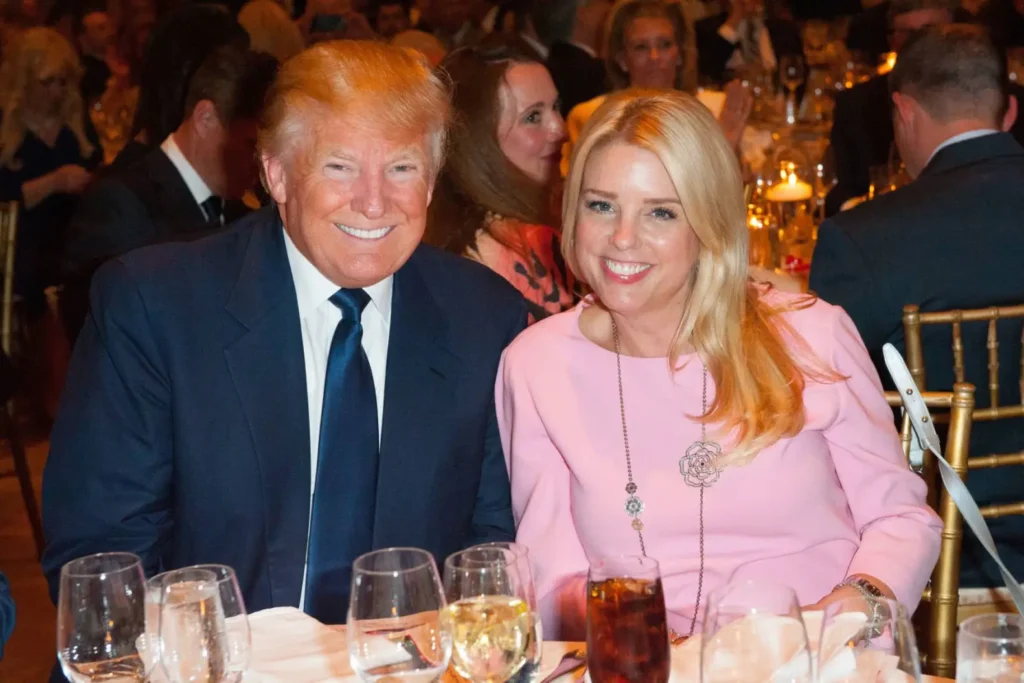President Donald Trump has directed the Department of Justice to suspend enforcement of a key anti-corruption law that prohibits American citizens and companies from bribing foreign government officials to secure business deals.
Speaking from the Oval Office after signing the executive order on Monday, Trump defended the move to pause enforcement of the 1977 Foreign Corrupt Practices Act (FCPA), arguing that the law hampers American business interests abroad.
“It sounds good on paper, but in [practice] it’s a disaster,” Trump said. “It means that if an American goes over to a foreign country and starts doing business over there legally, legitimately or otherwise, it’s almost a guaranteed investigation, indictment and nobody wants to do business with the Americans because of it.”
The White House justified the decision on national security grounds, with an official stating that “national security depends on America and its companies gaining strategic commercial advantages around the world.” The administration argues that “excessive, unpredictable FCPA enforcement” has made American companies less competitive internationally.
This dramatic shift in enforcement policy could significantly impact the prosecution of corporate misconduct. The FCPA has been instrumental in numerous high-profile cases, including recent actions against major corporations:
- Trafigura reached a plea agreement last year over bribes paid to Brazil’s state-controlled oil company Petrobras
- A former McKinsey senior partner pleaded guilty in 2022 to FCPA violations related to corruption during Jacob Zuma’s presidency in South Africa
- RTX, a U.S. defense contractor, agreed to pay over $950 million last October to settle claims it bribed Qatari officials and defrauded the Pentagon
Anti-corruption experts have criticized the move, warning it could harm U.S. companies’ operations abroad. Richard Nephew, who previously served as anti-corruption coordinator at the State Department, argued on social media that the FCPA actually benefits American businesses by providing them legitimate grounds to refuse bribe requests.
The administration plans to issue new enforcement guidance aimed at promoting “American competitiveness and efficient use of federal law enforcement resources.” According to White House officials, previous and current FCPA cases will be reviewed under this new framework.
The decision comes as the Justice Department and Securities and Exchange Commission filed 26 FCPA enforcement actions last year. Officials noted that 31 companies were under investigation for FCPA violations at the end of 2024, arguing that such widespread enforcement strains both corporate and law enforcement resources.
The SEC, which established a specialized FCPA enforcement unit in 2010, has considered this area a high priority. Recent cases include charges against a former Azure Power Global executive in connection with allegations involving Indian billionaire Gautam Adani.
The Department of Justice has not yet responded to requests for comment on the enforcement pause.
The executive order represents one of the Trump administration’s most significant changes to corporate enforcement policy, potentially reshaping how American companies conduct business internationally and how the U.S. approaches foreign corruption cases.


